Water Softeners
Water Softeners - Premium Hardness Control for Industrial & Commercial
Water softeners represent advanced ion exchange technology specifically engineered for removing calcium and magnesium hardness across industrial and commercial operations. These specialized systems achieve superior hardness reduction through cation exchange mechanisms, revolutionizing scale prevention in boilers, cooling towers, and process water applications. Premium water softener portfolios include strong acid cation resins, weak acid resins, salt regenerants, and alternative non-chemical systems providing comprehensive hardness control solutions. The comprehensive range demonstrates exceptional performance reducing hardness from 10,000 ppm to near zero while maintaining effectiveness through thousands of regeneration cycles. From steam generation to product manufacturing, water softeners deliver reliable hardness control meeting stringent operational and quality specifications worldwide.
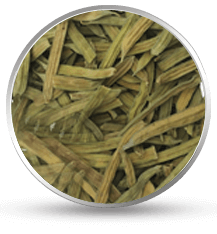
Guar Plant
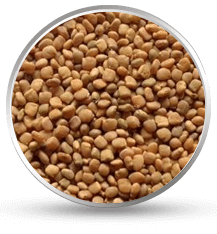
Guar Seeds
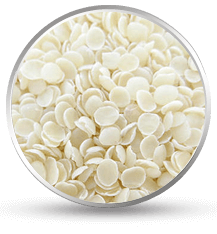
Guar Gum Splits
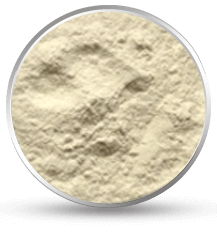
Guar Gum Powder
Inquiry Now
Water Softener Properties & Performance Characteristics
- Exchange Capacity & Hardness Loading
- Regeneration Efficiency & Salt Usage
- Kinetic Performance & Flow Rates
- Physical Stability & Resin Longevity
Our water softeners incorporate high-capacity ion exchange technology delivering exceptional hardness removal attributes essential for modern industrial water treatment. These engineered properties ensure complete hardness reduction, efficient regeneration, and operational reliability across diverse water qualities.
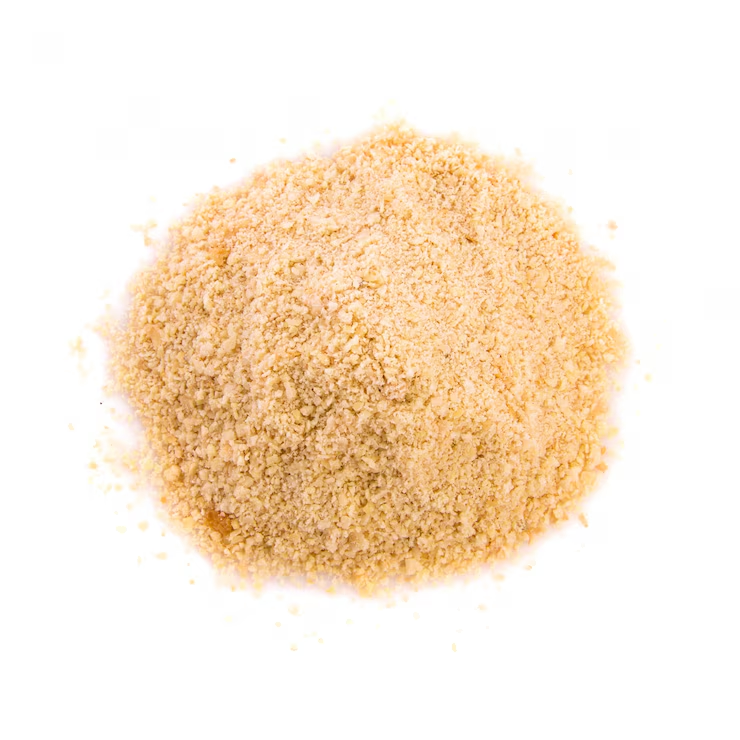
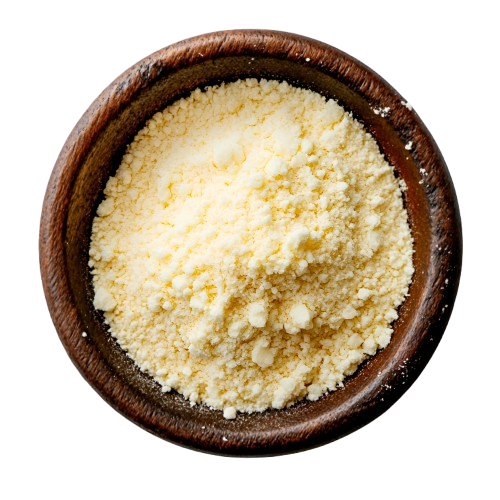
Water Softener Types & Manufacturing Standards
Water softeners encompass gel-type and macroporous resins, various crosslink levels, and specialized functionalities, manufactured in ISO-certified facilities maintaining water treatment grade standards globally.
Water Softener Benefits & Operational Advantages
- Scale Prevention & Equipment Protection
- Energy Efficiency & Heat Transfer
- Product Quality & Process Consistency
Water Softener Product Information & Technical Classifications
Water softeners undergo rigorous quality control achieving optimal hardness removal for specific applications across diverse industries. Standard gel resins provide economical softening while macroporous types handle oxidants and organics. This comprehensive ion exchange portfolio enables targeted solutions from residential to industrial scales. The specialized resins maintain effectiveness in high-temperature and contaminated water systems.
Quality Standards & Industry Specifications
Our water softeners meet comprehensive NSF, FDA, and WQA standards through certified manufacturing, ensuring safety for water treatment applications.
- A.I.R. (Acidic Insoluble Residue)
- Moisture
- Viscosity
- Content of Ash
- Size of the Particle
- Odor
- Protein
- Filterability
- Gum Content
- Color
- Fibre
- Granulation
- Insoluble Residue
- Fat Content
- pH
- Heavy Metals
- Arsenic
- Lead
The Microbiological Quality Test consist of bacteriological test of the Food Grade products like Standard Plate Count, Yeast & Mould, Salmonella, E-coli, Colliform, Pseudomonas, Staphylococcus etc.
Water Softener Quality Testing Parameters - 18 Comprehensive Factors
Water softeners undergo extensive analysis across 18 quality parameters ensuring consistent hardness removal performance meeting regulatory standards.
| Physical Properties | Chemical Analysis | Performance Testing |
|---|---|---|
| Particle Size (mesh) | DVB Content (%) | Total Capacity (eq/L) |
| Uniformity Coefficient | Moisture Content | Operating Capacity |
| Sphericity (%) | Heavy Metals | Hardness Leakage |
| Density (g/L) | Extractables | Regeneration Level |
| Shipping Weight | TOC Release | Kinetic Performance |
| Attrition Loss | Sulfate Capacity | Pressure Drop |
Water Softener Regulatory Numbers & Classifications
- Cation Resin: HS 3914.00.00
- Salt (NaCl): HS 2501.00.00
- NSF/ANSI 44: Certified Systems
- NSF/ANSI 61: Component Certified
- FDA 21 CFR: 173.25
- WQA Gold Seal: Available
Water Softener Product Categories & Application Guide
| Category | Type | Capacity | Regenerant | Application |
|---|---|---|---|---|
| Standard | SAC Gel 8% | 1.9 eq/L | NaCl | General Softening |
| High Capacity | SAC Gel 10% | 2.0 eq/L | NaCl | Commercial |
| Macroporous | SAC MP | 1.8 eq/L | NaCl | Chlorinated Water |
| Fine Mesh | SAC Uniform | 2.0 eq/L | NaCl | Compact Systems |
| Food Grade | SAC FDA | 1.9 eq/L | NaCl/KCl | Food & Beverage |
Common Questions
FAQs - Water Softeners

Ion exchange resins swap sodium ions for hardness ions creating soft water while accumulating hardness. Regeneration with salt solution reverses process restoring softening capacity repeatedly.
Flow rate, hardness level, and desired run length between regenerations guide system sizing. Proper design ensures continuous soft water availability meeting process demands reliably.
Specialized resins remove limited iron/manganese though pre-treatment often required for higher levels. Oxidation before softening prevents resin fouling maintaining long-term performance effectively.
More frequent regeneration wastes salt while extended runs risk hardness breakthrough compromising quality. Optimal scheduling balances salt efficiency with consistent soft water production.
Potassium chloride provides sodium-free regeneration for dietary restrictions at higher cost. Brine recovery systems reduce salt consumption through efficient regenerant utilization significantly.
Hardness testing after softeners confirms complete removal while totalizing meters track throughput. Differential pressure indicates resin fouling requiring cleaning or replacement attention.
Template assisted crystallization and electromagnetic devices provide scale prevention without removing hardness. Applications limited compared to true ion exchange softening systems.
Regular backwashing removes accumulated solids while periodic resin cleaning eliminates organics and iron. Proper pretreatment and chlorine removal critical protecting resin integrity.
Technical Support & System Optimization
Our water treatment engineers provide comprehensive softener support including system design, resin selection, and optimization protocols. Laboratory services offer resin analysis, capacity testing, and troubleshooting support. Field assistance includes startup supervision, operator training, and performance improvement across industrial and commercial installations.
Packaging & Resin Handling
Water softener resins package in 1 cubic foot bags or supersacks for bulk installations maintaining product quality. Brine tanks and regeneration equipment available as complete packages. Salt delivery programs ensure continuous supply. Documentation includes installation guides, regeneration procedures, and troubleshooting manuals.
Extended Applications & Specialized Softening
Beyond conventional softening, specialized resins enable selective calcium removal preserving beneficial magnesium. Pharmaceutical applications utilize validated systems meeting USP water standards. Power generation employs softening protecting high-pressure boilers. Hospitality industry uses compact systems preventing fixture scaling. Dealkalizer combinations provide complete mineral reduction.
Quality Certifications & Performance Validation
Manufacturing facilities maintain NSF/ANSI certification ensuring water softener safety and performance. WQA Gold Seal validates contaminant reduction claims. ISO 9001:2015 ensures consistent quality. FDA compliance enables food contact applications. Regular third-party testing maintains certifications supporting customer confidence.
Environmental Profile & Sustainable Softening
Water softener optimization minimizes salt discharge addressing environmental concerns through efficient regeneration. Countercurrent regeneration reduces waste significantly. Brine recovery and reuse systems minimize environmental impact. Resin recycling programs prevent landfill disposal. Green building credits available for water-efficient designs supporting sustainability initiatives progressively.

